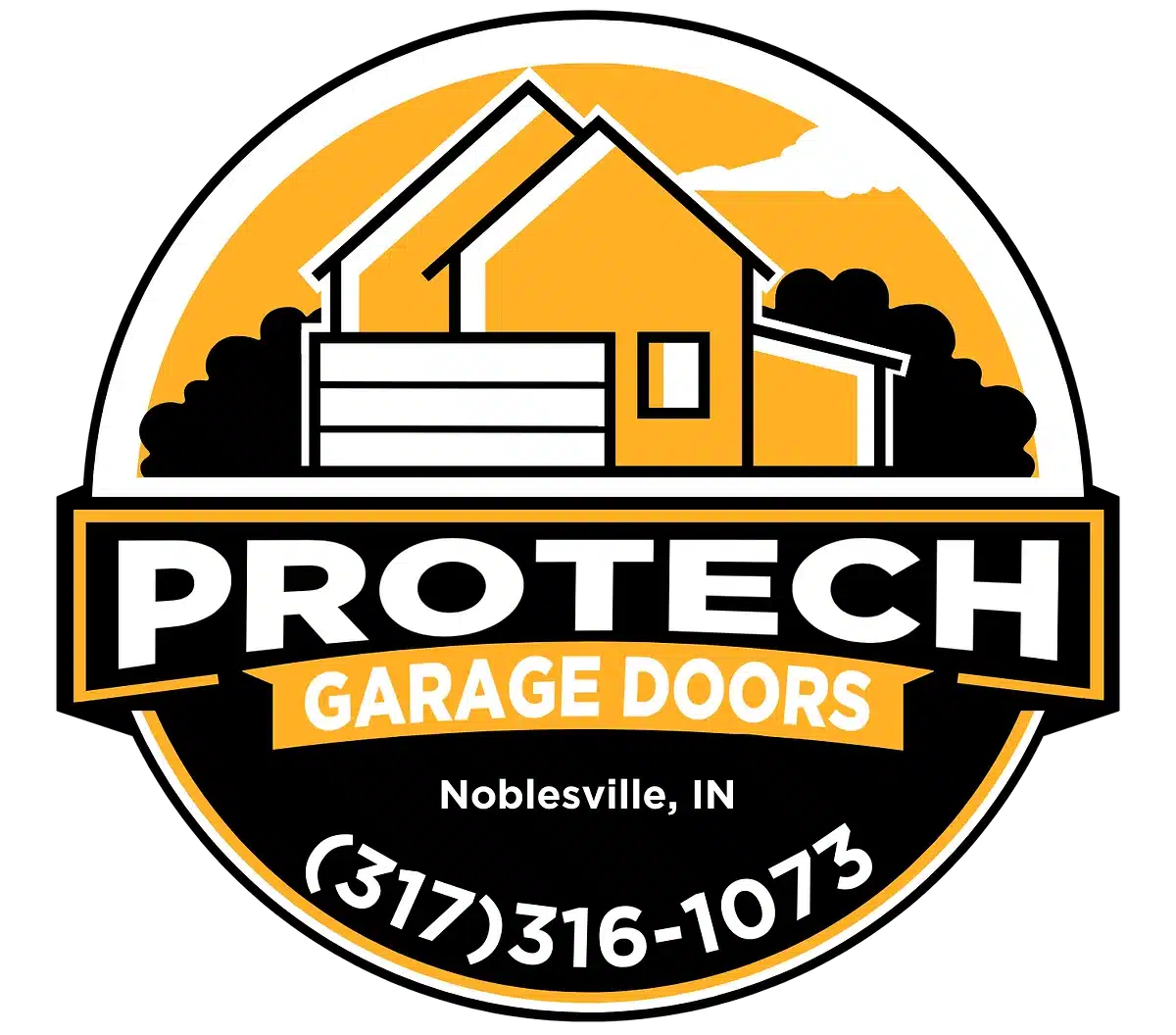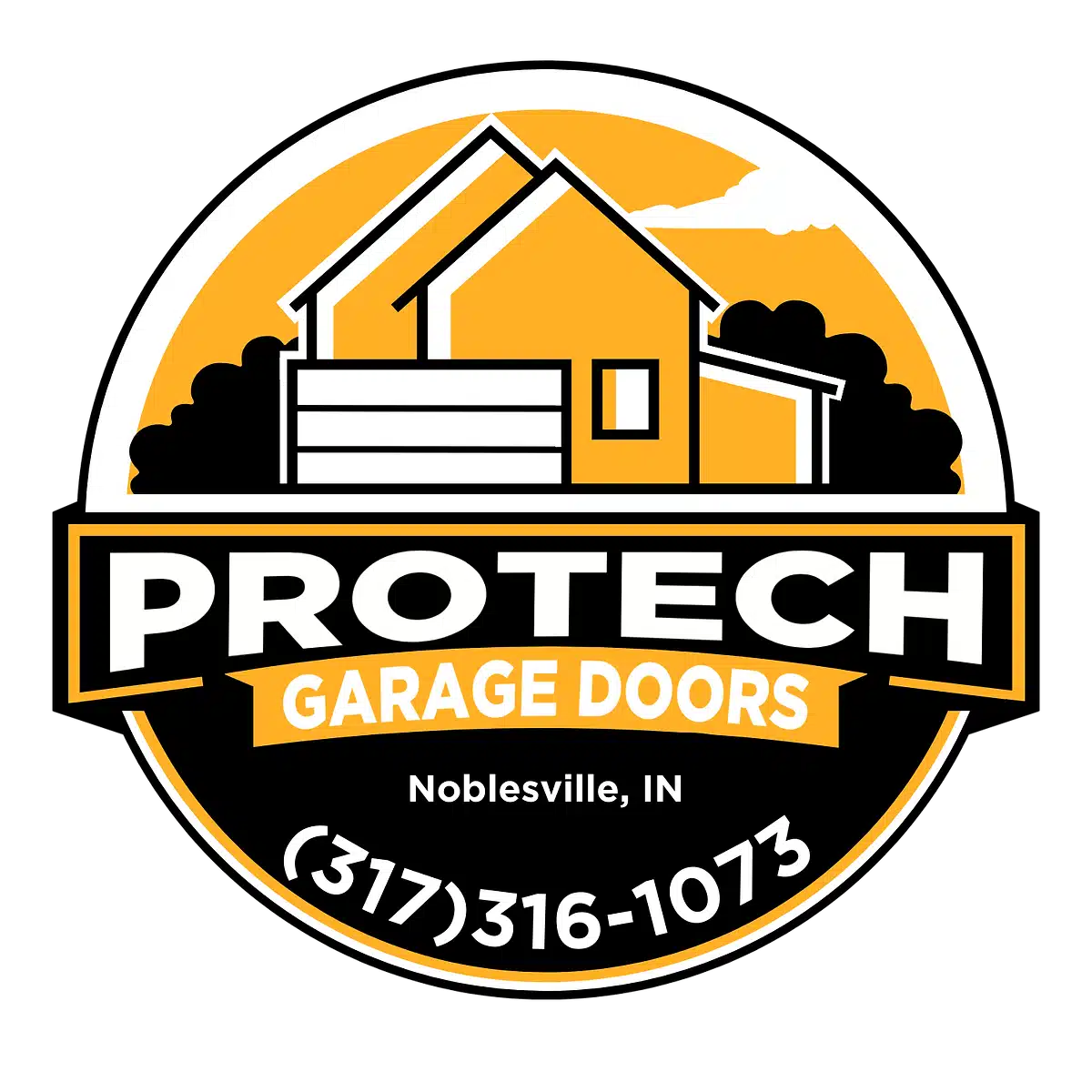When your garage door won’t close, it’s more than just a tiny inconvenience—it can also risk your home’s security. Instead of jumping to call for expensive garage door repair, try an easy fix first. One common reason for this issue is misaligned sensors. These sensors are located at the bottom of the door and are meant to stop it from closing if they detect something in the way.
To fix this, simply check if the sensors are dirty or misaligned. Cleaning them or adjusting their position could quickly resolve the issue. A few minutes to inspect and fix the sensors might save you the hassle and cost of professional garage door repair. Knowing how to deal with a garage door that won’t close can help you avoid more significant problems. Give it a try before calling in a pro!
Why It’s Important to Keep Your Garage Door Working Properly
A garage door isn’t just an entryway—it’s crucial to your home’s security. It protects your family, vehicles, and belongings from intruders, lousy weather, and accidents. When it works properly, it gives you peace of mind. But if your garage door won’t close, it can put your home at risk, leaving it exposed to security issues and the elements.
If your garage door won’t close, fixing the issue immediately is essential. Sometimes, a quick garage door repair is all it takes to resolve the problem and avoid further damage. Addressing garage door problems early will keep your home safe and secure, ensuring everything works smoothly and reliably.
Reasons Why Your Garage Door Won’t Close
Several factors can contribute to a garage door’s failure to close correctly. These are some of the most common reasons:
Misaligned or Obstructed Safety Sensors
Safety sensors on modern garage doors ensure the door won’t close when an obstacle is detected. If these sensors are blocked by dirt or are not aligned properly, the garage door won’t close. Cleaning and adjusting the sensors can help your garage door close correctly.
Malfunctioning Garage Door Opener
The garage door opener controls the whole system. If it has electrical problems, a faulty circuit, or a dead battery in the remote, the garage door may not work. Checking the garage door opener can often solve the problem and get your door closing smoothly again.
Broken Springs or Cables
The springs and cables balance the garage door’s weight, allowing it to open and close quickly. However, if these parts break or wear out, the door may not close properly. Regularly inspecting and replacing broken garage door springs or cables ensures smooth operation.
Lack of Lubrication
Garage doors have many moving parts, such as rollers, hinges, and tracks, that need to stay lubricated. Without proper lubrication, friction builds up, making it hard for the door to close. Lubricating these parts regularly can keep your garage door working smoothly.
Damaged or Misaligned Tracks
The tracks direct the garage door’s movement during opening and closing. If the tracks are bent or misaligned, the door can get stuck. Inspecting and fixing any damaged garage door tracks will help the door close properly and prevent future problems.
Weather-Related Issues
Extreme weather, like cold temperatures or moisture, can cause garage door components to malfunction. Ice buildup or humidity can make the door freeze or get stuck. Taking steps to weatherproof your garage door can help avoid weather-related issues and keep it running smoothly.
How to Troubleshoot a Garage Door That Won’t Close
If your garage door won’t close, don’t panic. You can take several steps to troubleshoot the issue and resolve it yourself. However, it’s essential to exercise caution when working with garage door components, as they can be heavy and under significant tension.
Checking the sensors and alignment
- Locate the safety sensors: Most modern new garage doors have two small sensors mounted near the bottom of the door frame, about 6 inches off the ground.
- Check for obstructions: Ensure that no objects, debris, or obstacles block the path between the two sensors. Even something small, such as a leaf or a toy, can disrupt the sensor’s beam and prevent the door from closing.
- Realign the sensors: If the sensors appear misaligned, try gently adjusting their position until the LED lights on both sensors are steady and not flickering. Consult your owner’s manual for specific instructions on properly aligning the sensors.
Examining the garage door opener and remote control
- Verify the power source: Ensure the garage door opener is properly plugged in and has power. If it’s battery-operated, replace the batteries and try again.
- Test the remote control: If you’re using a remote control to operate the door, try changing the batteries or reprogramming the remote to the opener.
- Inspect the opener’s safety features: Many openers have built-in safety features that can prevent the door from closing if there’s an issue. Check for error codes or flashing lights on the opener and consult the owner’s manual for troubleshooting steps.
Testing the garage door springs and cables
- Inspect the springs and cables visually: Look for any signs of wear, rust, or breakage. If you spot any problems, it’s wise to contact a professional for repairs or replacement.
- Perform a tension test: With the door closed, lift it manually. It could indicate a problem with the springs or cables if it feels exceptionally heavy or light.
- Check for cable slippage: Ensure the cables are correctly seated in their respective drums or pulleys. If they’ve slipped out, the door may not function correctly.
Lubricating the garage door components
- Identify the moving parts: Rollers, hinges, and tracks are the primary components that require lubrication.
- Use the appropriate lubricant: Consult your owner’s manual or a professional for the recommended lubricant type. Avoid household oils or greases, as they attract dirt and debris.
- Apply the lubricant: Carefully apply the lubricant to the moving parts, ensuring even coverage. Remove any excess lubricant to avoid drips or stains.
When Is It Time to Call a Professional for Garage Door Repairs
While some garage door issues can be resolved through DIY troubleshooting, there are instances when it’s best to call in a professional. Here are a few scenarios where calling a professional is the best option:
- The door won’t close properly if you’ve tried all the troubleshooting steps.
- If you notice any signs of damage to the springs, cables, or other components.
- If the door is making unusual noises or movements during operation.
- If you’re uncomfortable working with the garage door components due to their weight or tension.
- If you need clarification on the proper garage door repair or maintenance procedures.
FAQs About Why Your Garage Door Won’t Close
Why won’t my garage door close when there’s nothing in the way?
If your garage door won’t close and there’s nothing in the way, it could be due to misaligned or dirty sensors. The safety sensors at the bottom of the garage door might be blocked or not aligned properly. Clean the sensors and check if they are lined up correctly to fix the issue.
How do you reset a garage door that won’t close?
To reset a garage door that won’t close, unplug the garage door opener for a few minutes, then plug it back in. You can also try resetting the remote control and checking the safety sensors. Ensure the sensors are clean and aligned. If the problem continues, consult your garage door manual.
Why is my garage door stuck and won’t close?
The issue may be the issue when a garage door is stuck and won’t close the tracks, rollers, or safety sensors. Dirt or debris in the tracks can cause it to jam, or the sensors could be misaligned. To resolve the issue, clean the tracks, lubricate the rollers, and check the sensors.
How do you fix a garage door that won’t close all the way?
To fix a garage door that won’t close all the way, start by checking the tracks for obstructions and cleaning the safety sensors. If the problem persists, adjust the opener’s limit settings, which control how far the door closes. If unsure, call a professional.
Why is my garage door not closing and going back up?
If your garage door is not closing and going back up, it could be because the safety sensors are misaligned or blocked. Check for any objects in the door’s path, clean the sensors, and ensure they are correctly aligned. Adjusting the opener’s limit settings may also help solve the issue.
Conclusion
If your garage door won’t close, don’t panic. A simple misaligned sensor could be the issue, and fixing it yourself might save you from a costly garage door repair. Taking a few minutes to clean or adjust the sensors can restore your garage door’s function, ensuring your home stays secure without needing professional help.
If this quick fix doesn’t solve the problem, it might be time to consider upgrading to a new garage door. A modern door not only enhances the look of your home but also ensures smoother operation and better security. Investing in a new door can prevent future issues and keep your garage running smoothly.
When the problem requires more than a simple adjustment, hiring a trusted garage door contractor is your best option. Protech Garage Doors offers reliable and professional services to restore your door to perfect working conditions. Don’t wait—contact us today to ensure your garage door is safe and secure!
End Note
If you need expert Wayne Dalton TorqueMaster conversions in Noblesville or fast, reliable garage door repair in Zionsville, Protech Garage Repair is ready to help! Our experienced team manages everything from new garage door installations to prompt repairs, ensuring your garage door operates seamlessly while keeping your home safe. Rely on us for exceptional service you can depend on.
To see our work in action, check out our gallery for completed projects, and head to our blog for helpful garage door tips and advice. Learn more about what makes us stand out by visiting our About Us page—your satisfaction is our priority.
Follow us on Facebook and Instagram to stay updated with garage door tips and news. To get started, visit our website or contact us today for a free estimate. We’re here to make your garage door service quick, easy, and stress-free!

